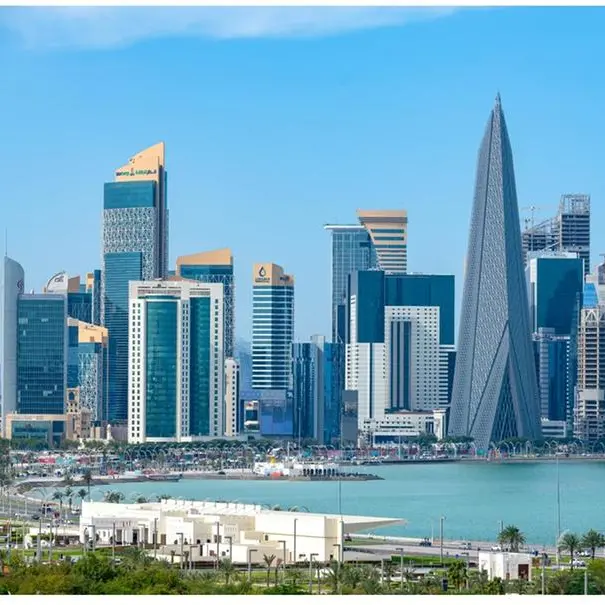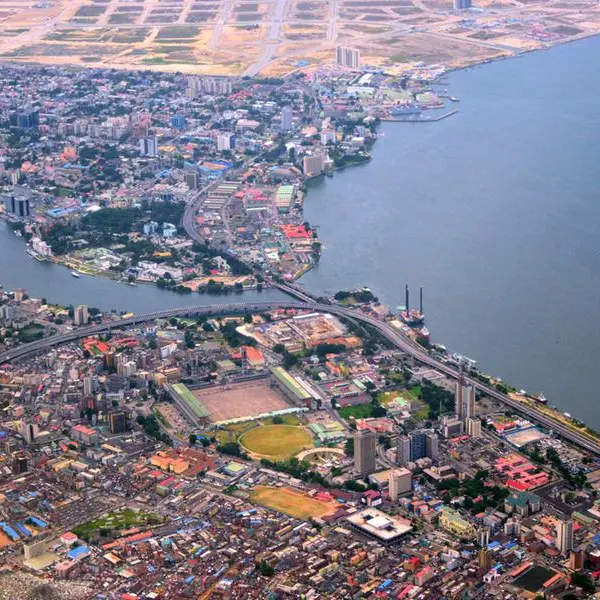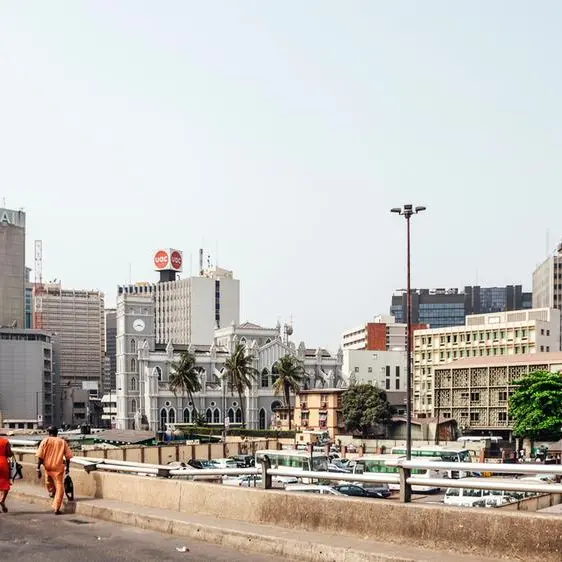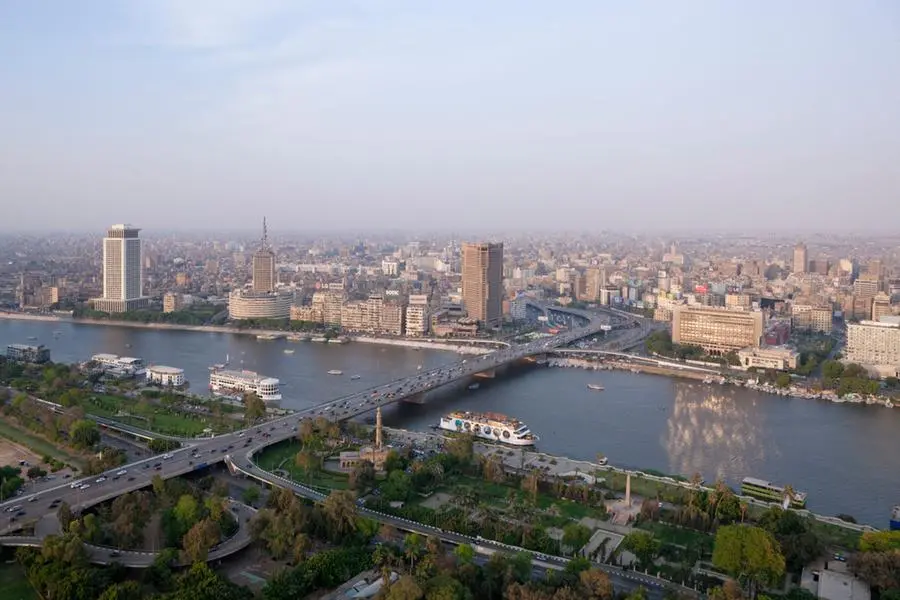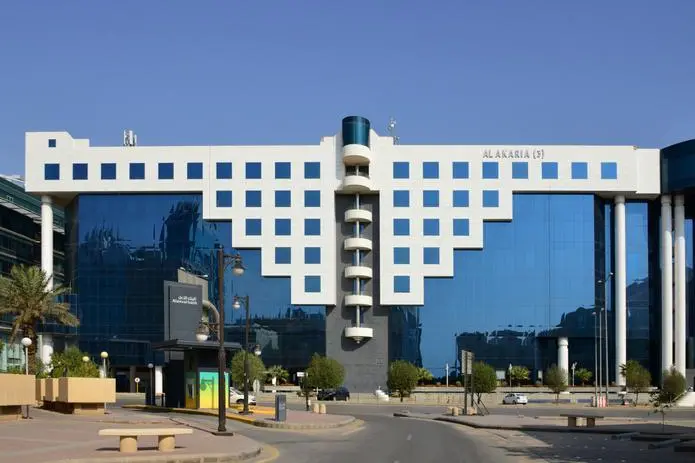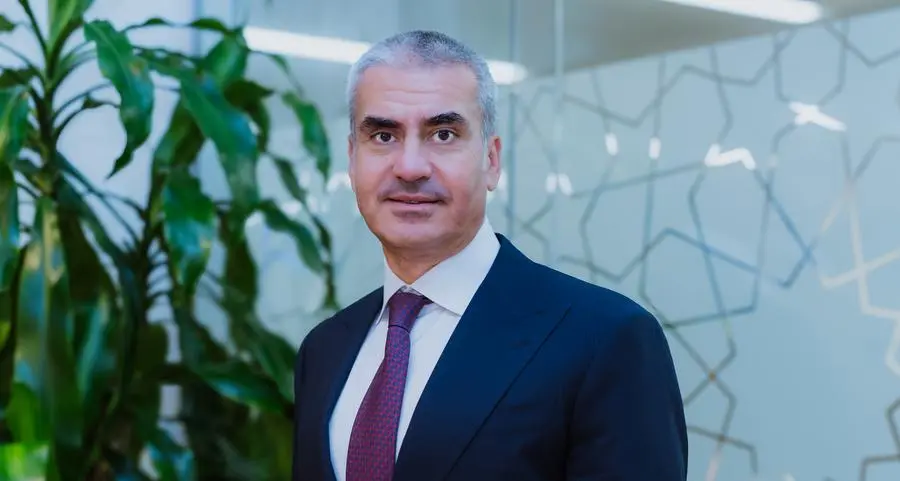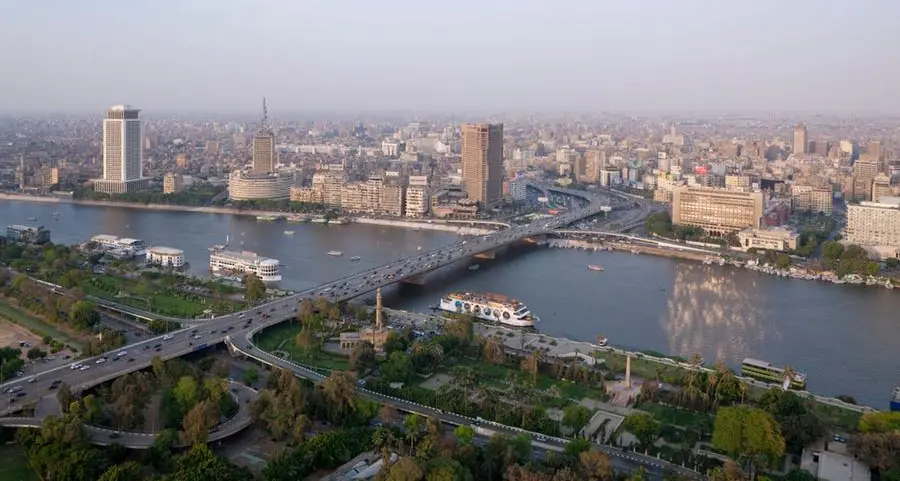PHOTO
Futuristic building just outside the center of Nairobi. Getty Images
When Benson Musembi a Kenyan pizza chef got a job offer in Kigali, he did not hesitate. The pay was better, the project was ambitious, and the cost of living was affordable. Two years later, he has no regrets. “Rwanda is developing fast, and there are so many opportunities for professionals willing to take the leap,” he says.
Benson is not alone. Across East Africa, a quiet but powerful migration is taking place. Skilled professionals are crossing borders in search of better pay, career growth, and stability. Ugandan doctors are moving to Tanzania, Kenyan IT specialists are thriving in Rwanda, and Burundian accountants are settling in Kampala.
The region’s talent is shifting, but what is driving this movement? And what does it mean for home countries—brain drain or a redistribution of skills that strengthens the region?For Benson, who now runs a pizza business in Rwanda, moving across borders was a chance to grow both personally and professionally.“Having worked at Pizza Inn Kenya for about four years, an investor came along, and I had to try advancing my career outside Kenya. I also needed new experiences from a different country.”Though the work environment was familiar, some adjustments were necessary. “Consumer-wise, Kenya is on top, although Rwanda is also rapidly growing.” Language and cultural differences posed initial challenges, but he adapted. “Finding a different language was a challenge, though some aspects of the culture felt like home.”His move paid off. Over seven years, he climbed the ranks before taking a bold step. “I grew with the company until I got to a point where I opened my own pizza shop, McCason Pizza.
Owning a pizza shop had been my dream for 10 years—this happened in a foreign country.”Unlike the past, when migration was largely driven by political instability, today’s movement is economic. Professionals are no longer just looking for survival; they are chasing better opportunities.
For Kenyan professionals, Rwanda and Tanzania have become attractive destinations. Rwanda’s business-friendly policies, ease of work permits, and competitive salaries are drawing in talent, especially in ICT, construction, and finance. Tanzania, on the other hand, is offering stability and lucrative opportunities in healthcare and engineering.“I moved from Uganda to Tanzania because the salaries for medical professionals are more competitive,” says Dr Lydia Wanyenze, a Ugandan doctor working in Dar es Salaam. “In Uganda, I struggled with delayed payments, but here, my salary is stable, and the working conditions are better,” she adds.
Read: BUWEMBO: How many ‘human exports’ will make our countries rich?Many professionals such as Lydia, cite salaries as the main reason for relocating. A software developer in Kenya might earn KSh100,000 (£600) monthly, but the same role in Kigali could pay KSh150,000 (£900).“I moved to Rwanda because my employer offered me a 40 percent pay rise compared to what I was earning in Nairobi. I was not leaving much behind since I don’t have a family I should tag along,” says Brian Ochieng, a data analyst.
For Salim Saidi, moving from Tanzania to Kenya was more than a career decision—it was the realisation of a dream. “Back home, anyone with a skill hopes to land in Kenya and make money,” he says.
In Tanzania, the beauty industry thrives in cities, but in rural areas, it’s largely uncharted. His craft—nail artistry—is often met with scepticism. “In many parts, my job is taboo. Women are reserved, and offering to do their nails or give massages goes against religious beliefs,” he explains.
Kenya, however, offers him freedom. “Here, clients are steady, and I can learn new techniques from people of different nationalities, even beyond Africa.” The financial prospects are also better. “The money here has value,” he adds.
Despite crossing borders, Kenya feels like home. “I don’t mind working here forever. After all, it’s just a few hours from where I was born.”Bishara Hassan, a Somali beauty parlour owner in Nairobi’s CBD, embraces diversity by employing staff from every East African Community (EAC) country.“I love diversity; it allows me to experience the best of each culture,” she says.
Many of her employees came to Kenya for different reasons, and she helps them settle, trains them for free, and hires them across her parlours. She notes that Kenyans are aggressive but, at times, lack the drive to push themselves. In contrast, Rwandese, Congolese, and Burundians arrive knowing this is their last option.“They are skilled, disciplined, and hardworking,” she adds.
However, they often face challenges, especially from county askaris who take advantage of foreigners, arresting them to extort money. Despite this, Bishara remains committed to empowering her team, ensuring they have a chance to thrive in Kenya’s competitive beauty industry.“Career progression is another factor. Some countries offer better job prospects, especially in emerging industries such as fintech, renewable energy, and artificial intelligence,” he adds.
Rwanda’s government has made it easier for professionals to obtain work permits. Tanzania, despite being known for its strict labour policies, is opening up certain sectors to foreign talent due to skill shortages.“A decade ago, getting a work permit in Tanzania was a nightmare, but now, if you have a rare skill, it is easier,” says George Otieno, a recruitment expert based in Arusha.
When opportunity knocked, Ruth Wawira Mwaniki embraced it without hesitation. A Kenyan civil and structural engineer, she had always felt a deep connection to Uganda, having travelled there for leisure and even considered studying at Makerere University. “For me, Uganda has always felt like home away from home,” she says.
Now working for a French company, Ruth finds the structured work culture and high safety standards an upgrade from her experience in Kenya. “My company catered for everything, including the permits, so my transition was seamless,” she adds.
Her current project—construction of a water treatment plant—has sig boosted her career and financial stability. “It’s impactful and has broadened my skills and specialisation,” she explains.
Would she encourage others to move? “Absolutely. If you explore other regions, you realise how beautiful and better new experiences are.” Yet, Kenya remains home. “I’d love to invest in both countries.”In cities such as Kigali and Dar es Salaam, the cost of living is significantly lower than in Nairobi. Rent, transport, and food are more affordable, allowing professionals to save more.“I was paying KSh45,000 (£270) for rent in Nairobi, but in Kigali, I pay the equivalent of KSh25,000 (£150) for a better apartment,” says Mercy Kamau, a financial analyst who went looking for greener pastures.
Work-life balance is also a factor. Some professionals move to countries where work pressure is less intense.
Read: Africa youth want to leave in next three years“In Uganda, the pace is slower than in Kenya, and I finally have time for my family. I’m home by 4pm and I don’t work on weekends which is unheard of in Kenya,” says Peter Mwenda, a marketing executive who relocated to Kampala.
Across East Africa, certain sectors are proving to be magnets for skilled professionals seeking better opportunities. Healthcare remains one of the biggest draws, with countries such as Tanzania and Rwanda actively recruiting foreign doctors and nurses to fill gaps in specialised medical care. Demand for expertise in fields such as surgery, oncology, and paediatrics has seen professionals move in search of better facilities, higher salaries, and a more structured work environment.
Technology is another booming industry driving regional migration. While Kenya has long been a hub for techies, Rwanda is making major strides in attracting software engineers and fintech experts. The country’s business-friendly policies, investment in digital infrastructure, and incentives for startups have positioned it as an emerging hotspot for tech talent.
Similarly, engineering and construction sectors are experiencing a surge in demand. With major infrastructure projects such as roads, bridges, and high-rise developments underway across the region, skilled engineers are in short supply. This has led to a steady flow of talent, particularly into fast-growing urban centres where large-scale developments are taking shape.
The finance and banking industry is also expanding across borders. As regional banks grow their footprint, they are actively hiring finance professionals with cross-border expertise. Positions in investment banking, risk analysis, and digital banking are increasingly attracting professionals from neighbouring countries.
Education, too, is witnessing a steady influx of talent, particularly in international schools and universities. Rwanda and Uganda are drawing foreign lecturers and administrators to strengthen their academic institutions. With increasing focus on quality education and global standards, these nations are keen to bring in experienced educators who can shape the next generation of professionals.
As industries evolve and economies integrate, the search for skilled talent is no longer confined within national borders. Professionals willing to relocate are finding not only better pay and career growth but also a chance to be part of the region’s economic transformation.
While regional migration offers many benefits, it is not without its challenges.
Despite some improvements, work permits remain a hurdle in certain countries. Tanzania, for instance, still has stringent work permit laws.“I had to go through months of paperwork and pay a hefty fee before getting my work permit,” says Joseph Mutua, a Kenyan architect working in Dar es Salaam who moved with the confidence that he was within the East African Community thereby wouldn’t need any permits.
Moving to a new country means adjusting to a different work culture, language, and way of life.“In Rwanda, most business communication is in French or Kinyarwanda, which was a challenge at first,” says Benson Musembi whose Pizza Business needed daily interaction with Rwandese.
This migration raises an important question: is this a brain drain for countries losing professionals, or is it an opportunity for regional growth?According to Otieno Mokaya, Head of Legal & Project Lead at Africa Lion Advisory LL.
P, the EAC Common Market Protocol is both a breakthrough and a challenge for professionals seeking opportunities across borders.“The idea of free movement is great, but the reality is more complex. While you can work in another EAC country, certain jobs—especially in government and strategic sectors—are still out of reach for foreigners,” he explains.
He points to cases like Sylvia Mulinge’s struggles in Tanzania as evidence of these hidden barriers. Yet, beyond formal employment, he acknowledges the protocol’s role in fostering entrepreneurship. “We’ve seen people like Innocent Havyarimana, a Burundian, thrive in Kenya’s business space. That’s proof that integration is working, at least for some,” he says.
However, Mokaya notes that work permits and legal processes remain a headache. “Kenya and Rwanda have eased permit fees for East Africans, but for many, the system is still confusing,” he adds. He also warns about inconsistent labour protections, making job security unpredictable across the region.“If we refine policies and genuinely embrace equal treatment, talent migration will transform East Africa. But for now, it’s still a work in progress,” sums Mr. Mokaya.
Experts argue that while individual countries may feel the loss, the region as a whole benefits.“If an East African professional moves from Kenya to Uganda, the skills are still within the region. It’s not like they are going to Europe or the US,” says Dr. John Mugisha, an economist.
He adds that migration enhances knowledge transfer. “A Kenyan fintech expert working in Rwanda will introduce new ideas as well as train protégés, improving the host country’s sector.”Moreover, professionals who move often send remittances back home, supporting their families and local economies.“In the next five years, we expect to see more professionals moving freely across East Africa as barriers continue to fall,” says Otieno Mokaya.
Rwanda has already taken the lead by removing work permit fees for EAC citizens. Kenya and Uganda are exploring similar strategies.
For governments, the challenge is to strike a balance—welcoming foreign talent while ensuring local professionals are not sidelined. For job seekers, the key is to remain adaptable, upskill, and embrace the opportunities that come with regional mobility.
In the end, East Africa’s future will not be built by those who stay within borders, but by those who dare to move beyond them.
Ruth Mwaniki, the Civil and Structural Engineer in Uganda, sums it up best: “The future belongs to those who are bold enough to go where the opportunities are.” © Copyright 2022 Nation Media Group. All Rights Reserved. Provided by SyndiGate Media Inc. (Syndigate.info).




